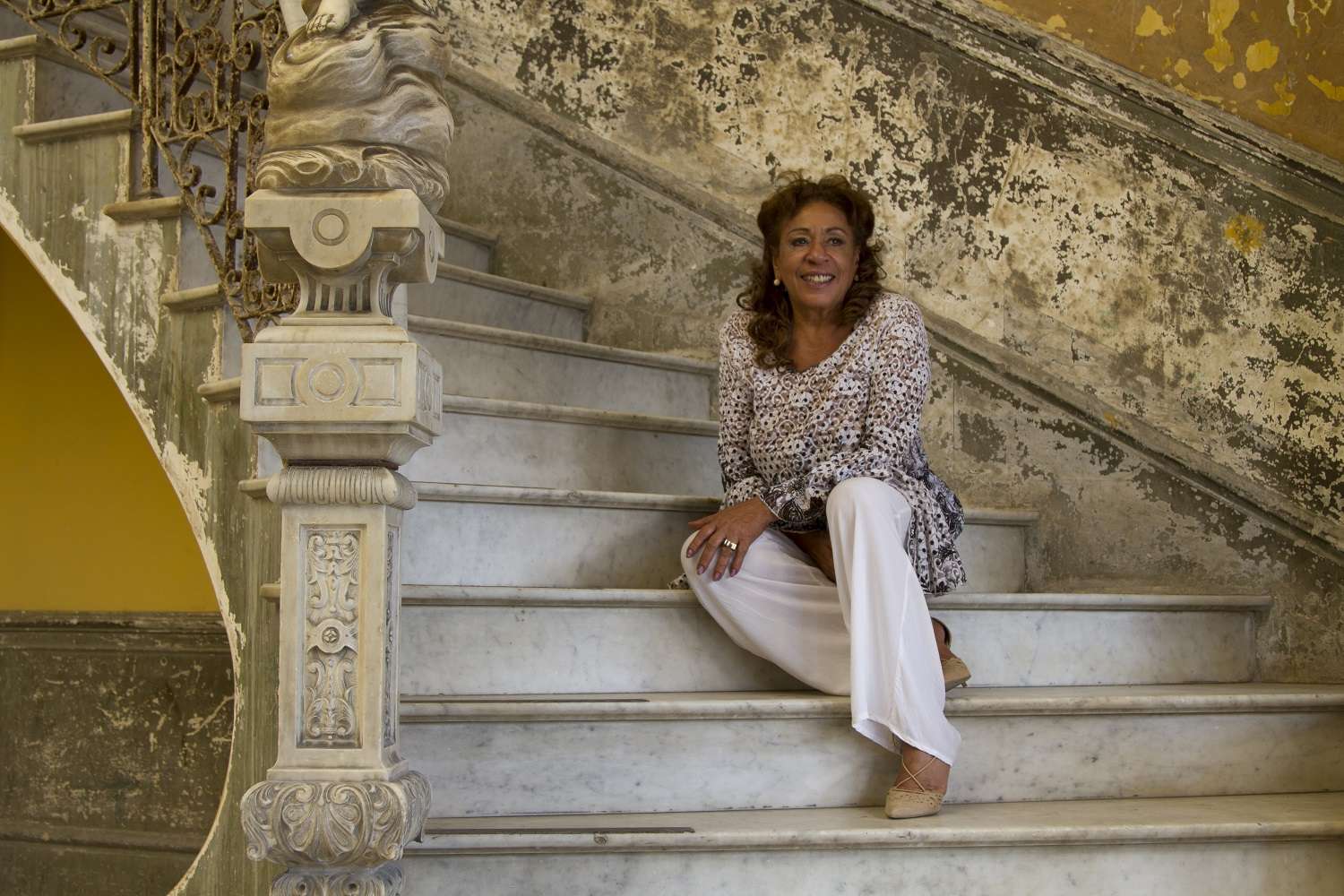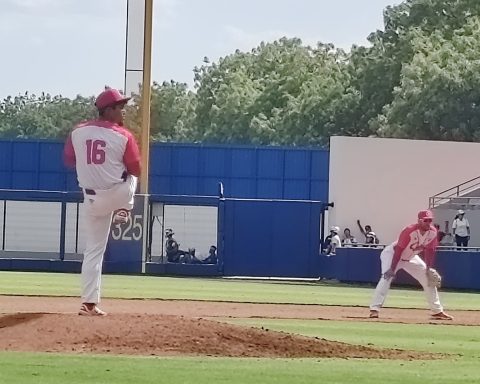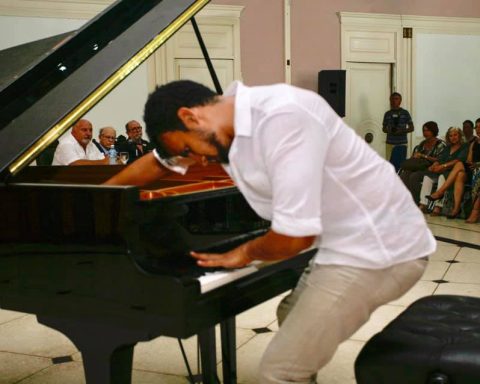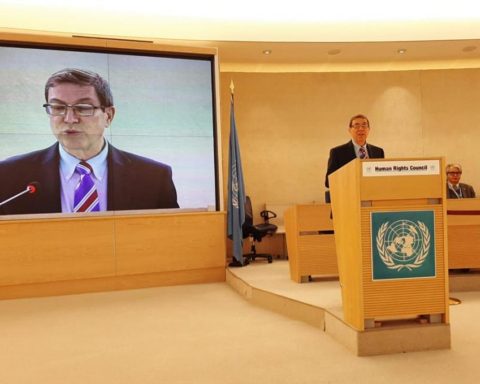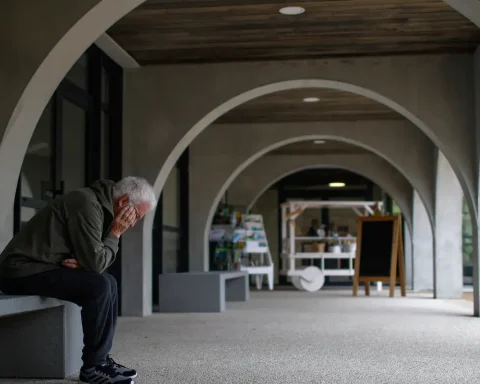Among the most remembered scenes that the film left us Havana Blues there is the one in which the character of Luz María, defended by the notable Zenia Marabal, interprets the song “Sé feliz” by Descemer Bueno in an improvised recording studio.
Although the song has other versions by renowned figures such as Fernando Álvarez, Luz Casal and Lila Downs, the one in the film not only brought beauty to the work of Benito Zambrano, whose soundtrack was the winner at the 2005 Goya Awards gala; but also, from that moment on, those who did not know Anaís Abreu (1958) began to look everywhere for her.
Of course, by 2004, Abreu was already a recognized voice throughout Cuba, and had performed at festivals in Venezuela, Colombia, and Peru. But the importance of the film meant a boost in her fame inside and outside the island, as well as bringing her closer to new generations.
The diva’s story began in Camagüey, where she worked for eleven long years at the Vocational School of Art: five as a piano teacher and six as a choral practice. She was linked to the movement of amateur artists until in 1983 when she got the opportunity to appear on the famous television program Everybody sing from where other figures such as Maureen Iznaga, Sergio Farías, Millán Zuaznabal, Narciso Suárez and Mayra Caridad Valdés emerged.
“From the award ceremony, programming began in Santiago de Cuba and Havana, until I decided to settle in the latter. So I quit teaching and when I got to Havana I joined the National Choir of Cuba,” he recalls.
“I am filinera”
Anaís stands out for her perfect intonation, her temperament on stage and her development in various genres of Cuban music, which is reminiscent of other greats such as Elena Burke and Omara Portuondo. To verify it, you only have to listen to her in “Esta casa” (Aldemaro Romero) or in “Una decepcion” (Chucho Valdés/ Silvia González) accompanied on piano by maestro Chucho Valdés.
“I sing bolero, but my genre is actually filin; I am ‘filinera’. When one does table work and begins to review the lyrics of the songs that you choose to interpret, you have to place yourself in the theme and make what is happening yours. Most of the time you have to suffer, and when you finish singing them, you tear yourself apart, ”she reveals.
Anaís is not interested in fame, according to what she tells OnCubaAlthough she admits that both radio and television on the island, “without falling behind” have been “benevolent” and she is very grateful to both media.
“The one who puts me on and takes me is because he wants or likes my work. On the other hand, my concerts have been recorded. They are transmitted and it is important because people find out what you do, ”she says.
In her more than twenty-year career, the artist has recorded nine productions including DVDs, documentaries, personal albums and as a guest in other productions. In this regard, she adds:
“I have made my story, I cannot complain. And my goal in reality, after leaving my good home in Camagüey, was to get here, build my home and build my story. Here in Cuba, having nine productions seems to me that it is not so poor, especially me, who comes from the interior of the country”.
Anaís has a group of songs pending that she would like to perform “before giving up vocally”, she says, but to do so “you have to play with the times, the economy and a whole series of things, unfortunately for us. But I keep a lot of issues in my filing cabinet to do, ”she confesses.
“I fall in love with the themes, not with the composers and I never stop appreciating each one and even those that are not so relevant. Honestly, I don’t like what is repeated and I do like that where I can impose my tastes”, assures the interpreter who won the Cubadisco 2004 award in the category of best song with her album Soul.
Next July Anaís Abreu is planning a concert at the National Museum of Fine Arts, to outline the themes she has performed over the years. “It will be a small format, given the economic problems; but it will be an excellent opportunity to connect with my public ”, she anticipates.
At the moment, once a month he is seen and enjoyed at the Café Concert “El Antonia”, located in Old Havana, demonstrating what he knows how to do well: putting what is called filin to each song.
